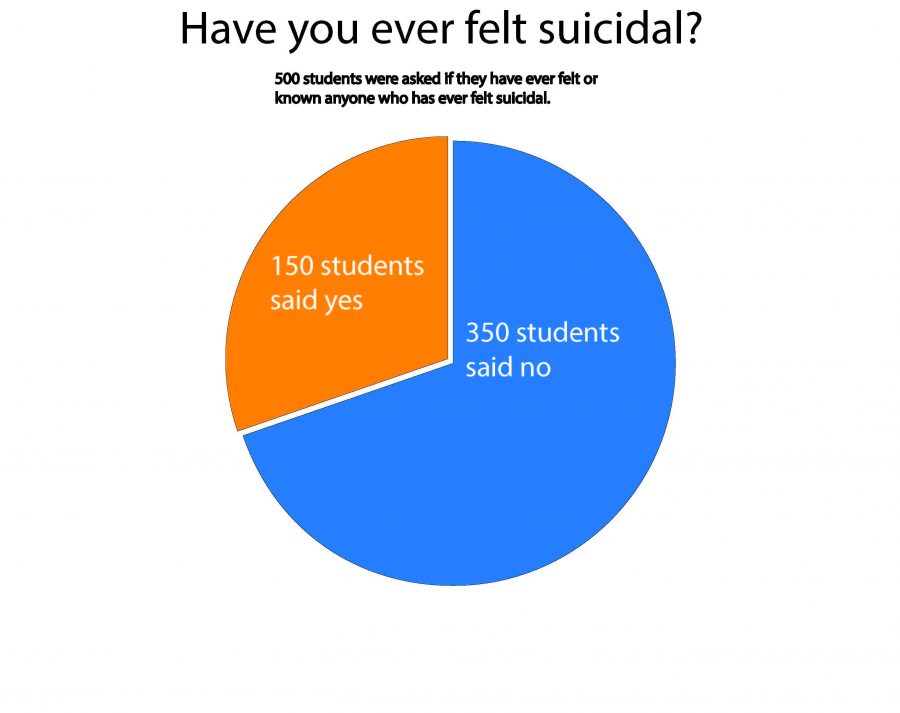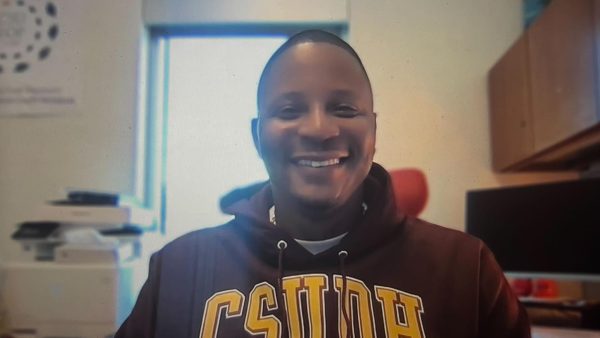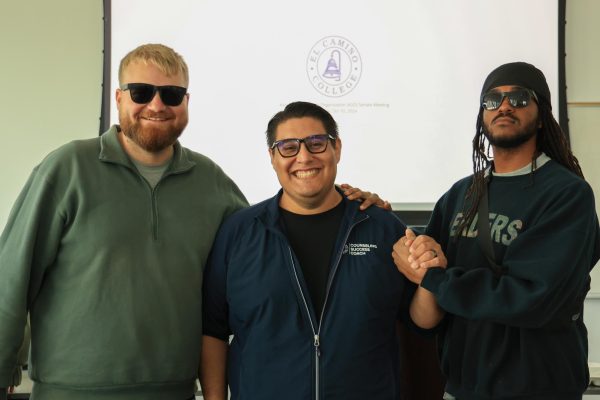Suicide is now the second leading cause of death among college students
Update: Tuesday, March 28, 11:31 a.m. Clarification added for reason why Jan Schaeffer declined to answer questions regarding this story.
Update: Wednesday, Sept. 6, 11:02 p.m. Clarification added for reason why Renee Galbavy declined to answer questions regarding this story.
Stress, anxiety, depression and substance abuse all have one thing in common.
They are signs that can potentially lead to suicide or suicidal thoughts.
Feeling helpless with one’s situation and not being able to move forward from a problem are all part of what make suicide the second leading cause of death among college students nationally, according to Emory University.
College students are often the target of a lot of pressure and are also in a constant struggle to find themselves as a person.
Alison Brown, Coordinator of The Center of Wellness and Wellbeing at Santa Monica College has been a college level psychologist for 13 years and have been visited by students each semester about their suicidal thoughts.
“There are different levels of suicide,” Brown said in a phone interview. “It’s more common for people to have suicidal thoughts than to act on it.”
At El Camino, there has been a total of four known reports of students feeling suicidal on campus in the last two semesters.
Recently, on Feb. 17 a male student reported to a health center staff member that he was feeling suicidal, according to the police logs.
One in 10 college students have made a plan to commit suicide, according to Emory University, students between the ages of 18 to 25 have a higher chance of making plans, having suicidal thoughts, and having a suicidal attempt.
Last semester, there were a total three suicide attempts, according to the police logs.
There were two fatalities in two attempts since 2015.
In the fall of that year, former student Porchua Vang, 22-year-old of Torrance, died by suicide after jumping off of Lot H hours before his birthday.
In fall 2016, former student Jonney Tran, 20-year-old of Hawthorne and respiratory care major, was found dead in his car after missing for two weeks, as first reported on eccunion.com.
“If I was a faculty member (at El Camino) I (would) talk with the student who is feeling suicidal and try to figure out if its more of a thought or if they are really feeling suicidal, Brown said, “walk the student to the health office or call to make sure they made it.”
500 students were asked if they have ever felt suicidal and according to the data, 33 percent of students said they either know someone who has or have felt suicidal themselves.
“If you are feeling down, talk to someone,” Michael Trevis, chief of police said in a phone interview, “If you aren’t able to speak to someone go talk to Jan Schaeffer, the clinical psychologist we have on campus, or call the 24-hour suicidal hotline at 310-391-1253.
Schaeffer declined to be interviewed without having a list of questions prior to interview.
Renee Galbavy, psychology instructor, declined to be interviewed for the same reason as Schaeffer.
According to Didi Hirsch Mental Health Services website, the warning signs and risk factors are:
Warning Signs
- Feelings of worthlessness, failure or shame
- Signs of major depression
- Avoiding friends
- Despairing texts or post
- Risky behaviors
- Giving away possessions
- Making out wills
- Threatening or planning suicide
Risk Factor
- Attempted suicide in the past
- Lost a loved one to suicide
- Loss of job, marriage, housing, or health
- Increased alcohol or drug use.
If you or anyone you know are feeling suicidal, please call The Suicide Prevention Hotline at (800) 273-8255 or visit the Health Center at El Camino. For more information about Didi Hirsch Mental Health Services, click here.








